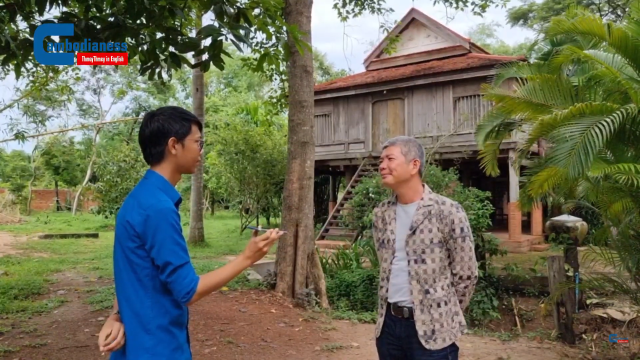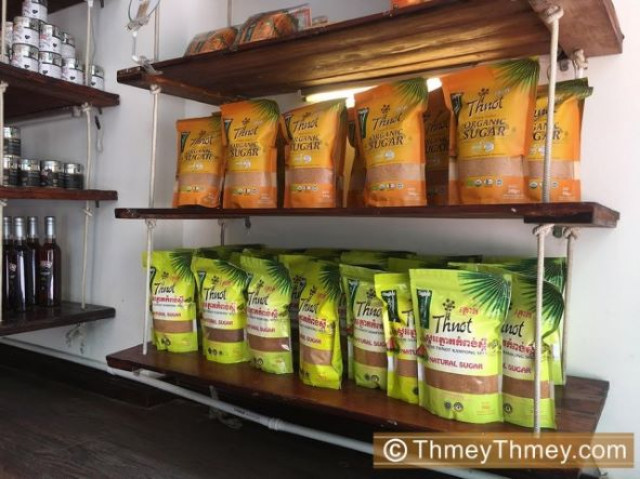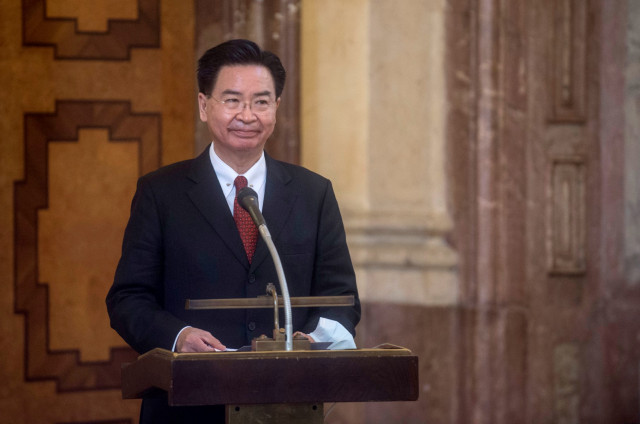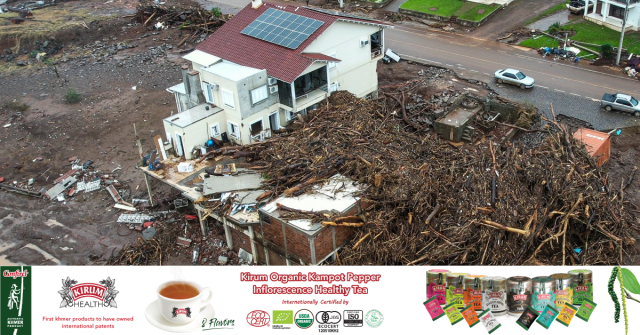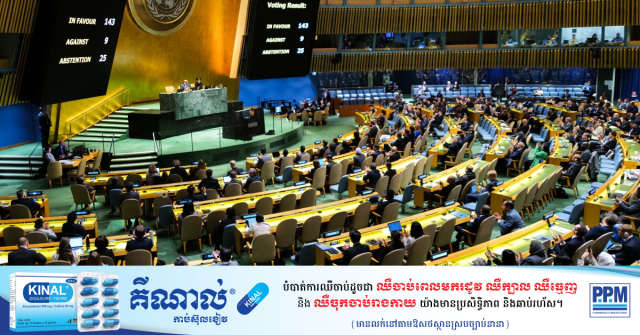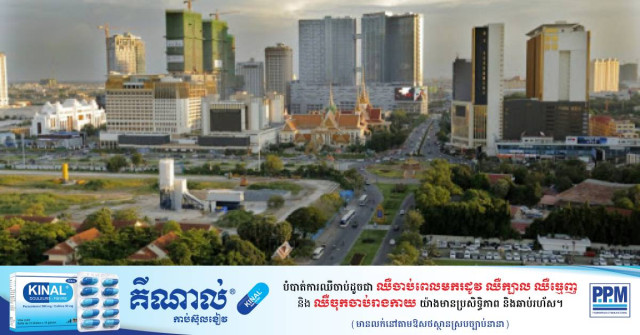Opinion: US Allegations over Ream Naval Base: A Pretext of a New Cold War
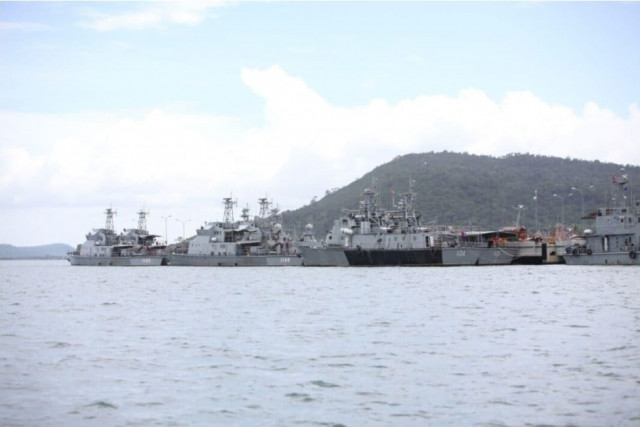
- By Cambodianess
- June 14, 2021 5:00 PM
Two years ago, the United States government alleged that Cambodia signed a secret agreement allowing China to station its troops at Ream naval base. The government of Cambodia flatly denied those allegations.
Last week, the allegations resurfaced when Deputy Secretary of State Wendy Sherman raised the issue with Prime Minister Hun Sen and requested that United States diplomats be permitted to visit the site.
The United States was subsequently unsatisfied with its defense attaché’s visit to Ream Naval Base claiming that the Cambodian military did not give its attaché full access. Ms. Sherman warned that Cambodia’s denial of a full inspection by the US would be consequential to US-Cambodia relations. What are the reasons underlying such allegations and threats? Is the United States’ demand for full inspection legitimate under international law?
The Jakarta Post (June 02, 2021) reported that during her meeting with Prime Minister Hun Sen, Secretary Sherman “was asking if Cambodia may allow a military attaché from the US Embassy to visit the alleged site.” Prime Minister Hun Sen responded positively and the Cambodian Ministry of Defense promptly arranged such a visit. It is ironic that the United States questioned the sincerity of the Cambodian government.
As an experienced diplomat, Ms. Sherman should have been fully aware that granting a visit to the base does not mean an unconditional inspection of the site. As a sovereign state, like other states including the United States, Cambodia, for its national security, would not allow a foreign country to have an unconditional inspection of a military facility.
After its victory in the Cold War, the United States would not imagine facing a rising China with the determination and capacity to restore its respected place in the international system. It, therefore, assumes China to be a rogue actor.
Within this context, it is clear that the United States’ dissatisfaction with Cambodia’s refusal of the unconditional inspection of Ream Naval Base contains broader objectives linked to the United States’ geopolitical strategy of containing China.
The allegation of Cambodia permitting China to establish a naval base is the United States’ bullying Cambodia to prevent other countries from forming close relations with China. It is a tactic based on the Cold War mentality of “the friend of my enemy is my enemy.” There are precedents where American bullying tactics have had grave consequences when used to fulfill its geopolitical and ideological objectives.
The world should remind itself of the United States’ accusation that Iraq possessed weapons of mass destruction in 2000. Claiming Iraq’s non-cooperation with the United States verification demand, the United States fabricated evidence of Iraq’s weapons of mass destruction and invaded Iraq, plunging the country into chaos from which it still has not recovered. As renowned US scholar—John Mearsheimer—convincingly argues, the invasion of Iraq was not about weapon of mass destruction, which the United States knew it did not possess; rather it was a pretext to spread liberal ideology i.e., Western democracy in Iraq and the Middle East.
If the United States fails to learn from history, Cambodia could become like Iraq. We hope this will not occur. The United States could simply use the pretext of a Chinese military presence in Cambodia to punish Cambodia for being too close to China. To the United States its allegation and associated threat against Cambodia is a warning to other countries in the Asian region and beyond that, if they are not on the American side, then they are the enemy.
Cambodia was once a victim of the United States’ containment of communism. The scars of destruction from US containment policy remain clear in Cambodia. As such, Cambodia has legitimate concerns arising from U.S allegations over the Ream Naval Base. Since 1993, Cambodia has benefited from its good relations with all countries.
Therefore, it has the desire to maintain such relations on the principle of national sovereignty and mutual benefits. Cambodia’s foreign policy doctrine testifies that Cambodia: welcomes and supports all initiatives that promote peace, stability, and prosperity in the region, and that are mutually beneficial and complementary.
It is, therefore, crucial and necessary to build synergy and complementary among flagship regional initiatives such as the “Belt and Road”, the “Indo-Pacific Strategy”, and other policies of major regional countries toward Southeast Asia, as well as various mechanisms under the Mekong sub-regional cooperation.
At the end of the day, Cambodia sincerely hopes that the United States will not continue to use the allegation of China’s military presence to jeopardize US-Cambodia relations for the sake of containing China.
Dr. Kheang Un is an Associate Professor of Political Science and Associate at the Center for Southeast Asian Studies at Northern Illinois University








